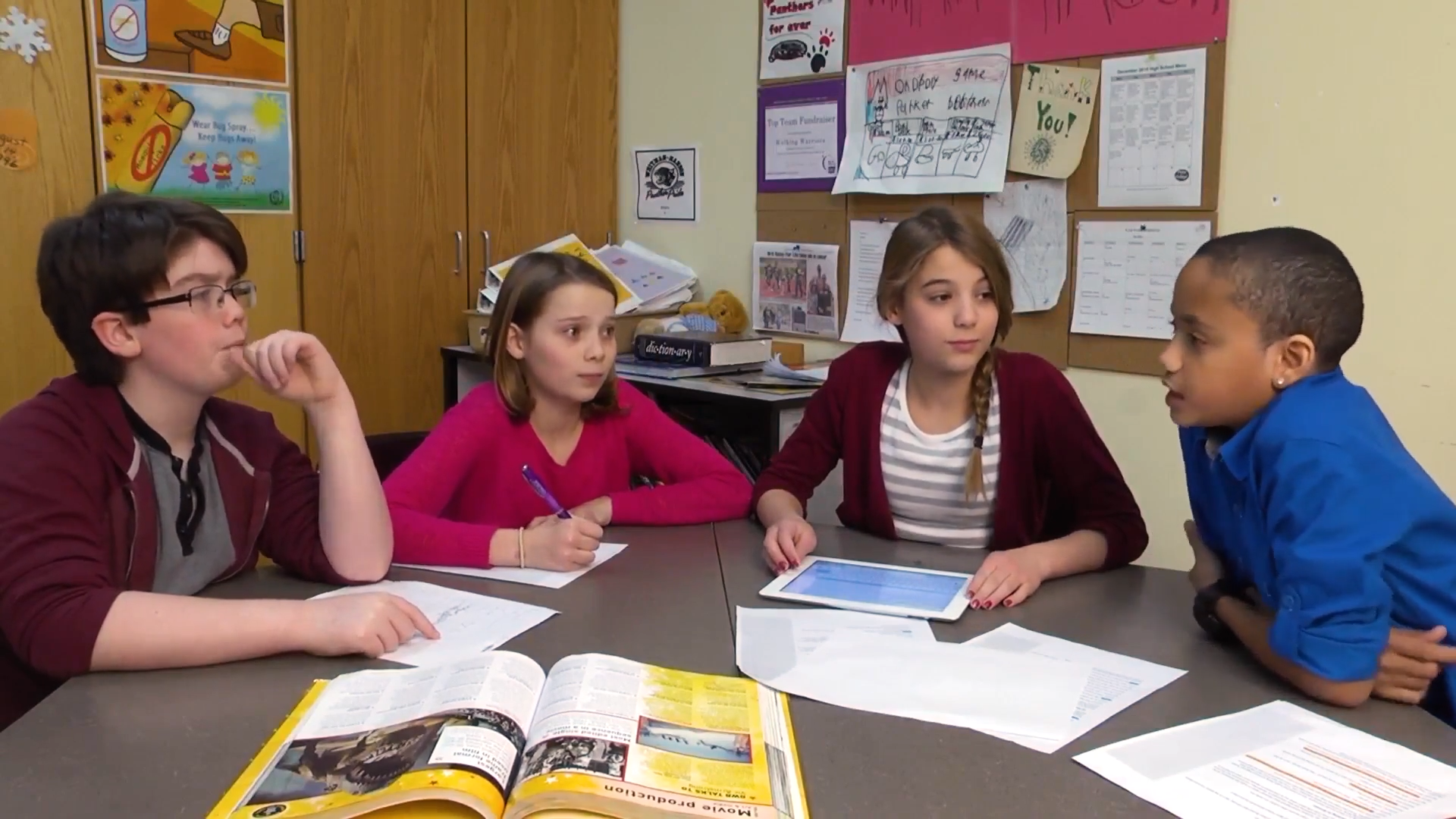Introduction
Teamwork is a crucial skill for students to develop, as it plays a significant role in their academic and professional lives. In group projects, students must learn to communicate effectively, collaborate, and compromise. This blog post will explore an activity that helps students understand the importance of teamwork and compromise in group projects, followed by discussion questions, related skills, and next steps for educators.
No-Prep Activity: The Country Voting Game
This activity requires no preparation or materials from the educator and serves as an excellent way to teach teamwork and compromise in group projects. To begin, divide the class into small groups (4-5 students per group). Each group will be given a task: to choose a country for a hypothetical Social Studies project. The catch is that each student in the group must nominate a different country, and the group must reach a consensus on which country to choose.
Students will take turns presenting their chosen country and explaining why they believe it would be the best choice for the project. After everyone has had a chance to present, the group must discuss and decide on a country together. The key to this activity is teaching students the importance of listening to others’ opinions, considering alternative perspectives, and compromising when necessary. Once a decision is made, the group can share their chosen country and the reasons behind their choice with the class.
Discussion Questions
- How did your group reach a consensus on which country to choose? What strategies did you use to ensure everyone’s voice was heard?
- How did it feel to compromise and work together as a team? What challenges did you face, and how did you overcome them?
- Can you think of a real-life situation where you had to work as a team and compromise? How did you handle it, and what did you learn from the experience?
- Why is it important to be respectful and considerate of others’ opinions, even when you don’t agree with them?
- How can you apply the skills learned in this activity to future group projects and teamwork situations?
Related Skills
Teamwork and compromise are just two of the many skills that students need to develop for successful group projects. Other related skills include:
- Communication: Clearly expressing ideas, actively listening, and asking questions to ensure understanding.
- Conflict resolution: Addressing disagreements respectfully and finding solutions that benefit all parties involved.
- Leadership: Guiding the group towards a common goal and facilitating collaboration.
- Time management: Allocating time effectively and meeting deadlines.
- Responsibility: Taking ownership of one’s actions and contributing to the group’s success.
Next Steps
Teaching teamwork and compromise is an essential part of Social-Emotional Learning. To further develop these skills and others, consider signing up for free samples of skill-building materials at Everyday Speech. Explore resources designed to help educators teach students how to navigate group projects effectively, communicate with their peers, and build positive relationships.






